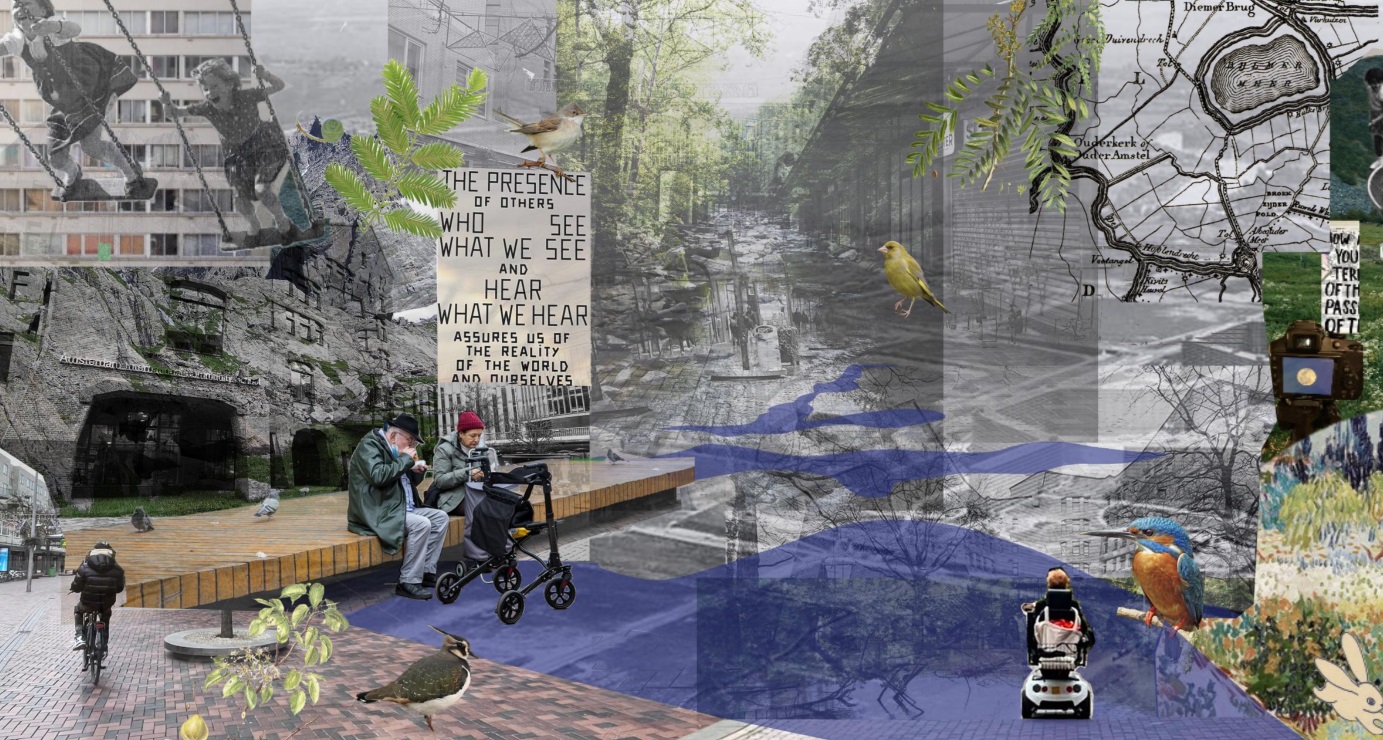A botched experiment, a rejected paper… such things are soon labelled as failures in academia. As for talking about them — not done! But that is just what WUR scientists do in this column. Because failure has its uses. This time, it’s Landscape Architecture PhD candidate Floor van Gils.
‘After a few years working for an engineering firm, I switched to academia. I started a PhD on the development of historical rural cultural landscapes in the Netherlands in the 20th century. Last year, I got an opportunity to present my research at a conference in Poland. However, there was one problem: the organization wanted me to send an abstract six months in advance, when I was still in the middle of my research. I wrote a summary of an ongoing sub-study, as I still had half a year in which to finish it.
I was nervous, my mouth was dry and my work was unfinished
‘This would be my first conference. I was nervous because I’d only given talks to my department so far, in Dutch. I saw it all in my mind. There I would stand, bursting with confidence, in a room full of experts, giving a clear and concise account supported by the data I’d analysed. I did map analyses and archive research, while working on another publication at the same time. But as the conference date got closer, I still didn’t have a proper story, just loose ends. What a failure.
‘The first couple of days of the conference, I went round with a sinking feeling. When I finally walked onto the stage, it was all very different to how I had originally imagined it. I was nervous, my mouth was dry and the work I was presenting was unfinished. I felt very vulnerable because I didn’t have clear conclusions. I’d even considered cancelling, but my supervisor said, “Just tell them what you have found so far.” That turned out to be good advice. I’m quite a perfectionist and I’d rather only share my work once it is complete. But the talk generated an interesting discussion precisely because I was presenting a work in progress. Someone asked what my historical research meant for the landscape today. I hadn’t thought about that before, but now I’m going to cover it in my thesis. So sometimes it isn’t a bad idea to share something that’s not yet perfect. That lets other people give input that you can use to refine your research.’

 Illustration Stijn Schreeven
Illustration Stijn Schreeven 

